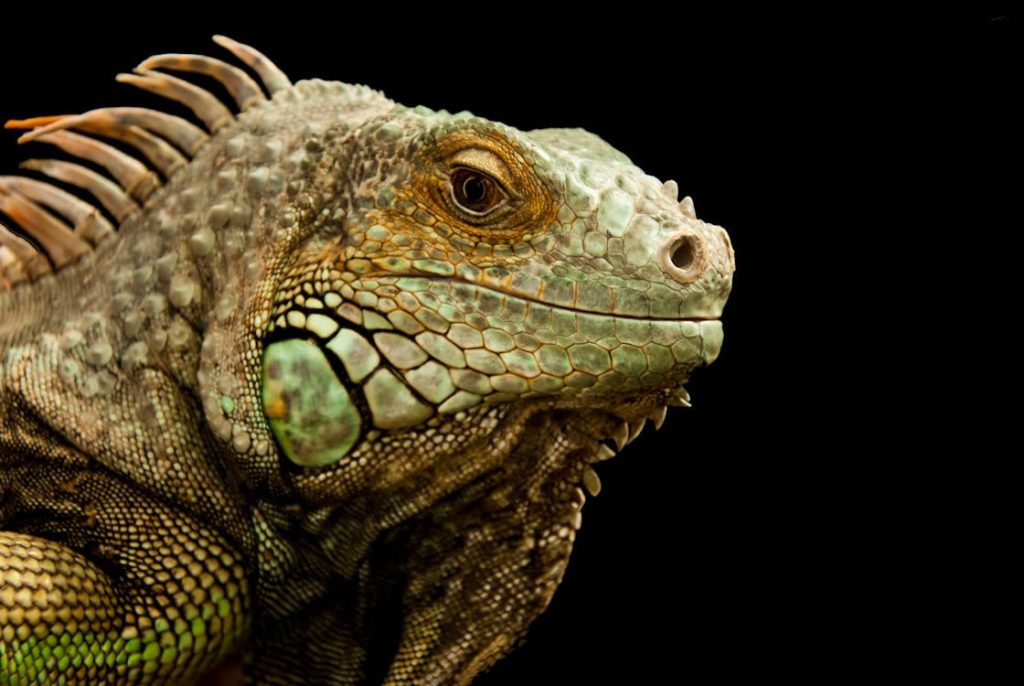THE MONTHLY MULE MEMO
OFFICIAL NEWSLETTER OF THE OFFICE OF ACADEMIC AND STUDENT AFFAIRS
A Message From Associate Dean Snider
Now in my seventh month as the new Associate Dean, I am finally arriving at something resembling a steady state in my daily tasks. For sure, there is still much to learn, but I am finally finding a day-by-day steady state. The concept of steady-state is largely a biological concept – synonymous with equilibrium, balance,homeostasis – but also can be metaphorical to where we hope to find our veterinary students. For VM1 in IP4, I hope you are finally settling in. For our VM2, they find themselves near the halfway point of vet school. For our VM3, they’ve now been in clinics for six months and are becoming comfortable with clinical duties. For ourVM4, they are in the last months of steady state, before they hit a phenomenal period of new challenges and new growth. During this time of ‘steady state’ for most of you, take time to plan, to inventory and assess your goals, to explore new opportunities that new classes and new meetings present to you. For me, I am trying to utilize this short phase of ‘steady state’ to do some needed planning for other programmatic goals, and I hope you all can do the same. A time of ‘steady state’ can be your time to plan, develop, and set yourself up to meet some goals.
Associate Dean Snider
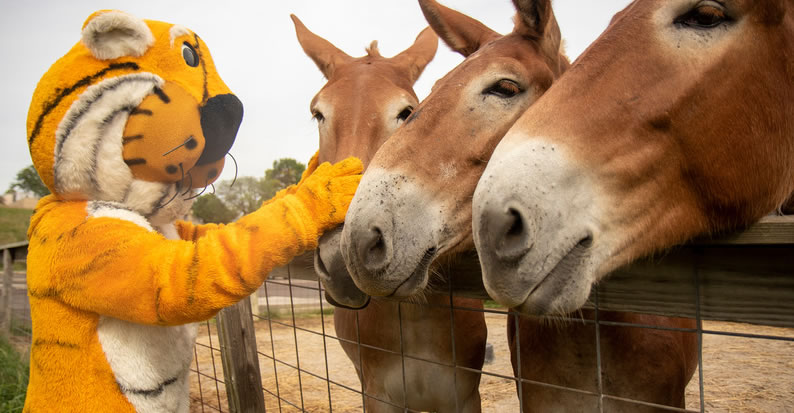
MONTHLY NAVLE PREP QUESTION
An iguana is reluctant to move and refuses eat anything except lettuce the occasional mealworm. Radiographs show multiple fractures and thin cortices in bones. Which of following is the most likely cause of the fractures?
(A) Hyperparathyroidism
(B) Hypervitaminosis D
(C) Iodine deficiency
(D) Vitamin A deficiency
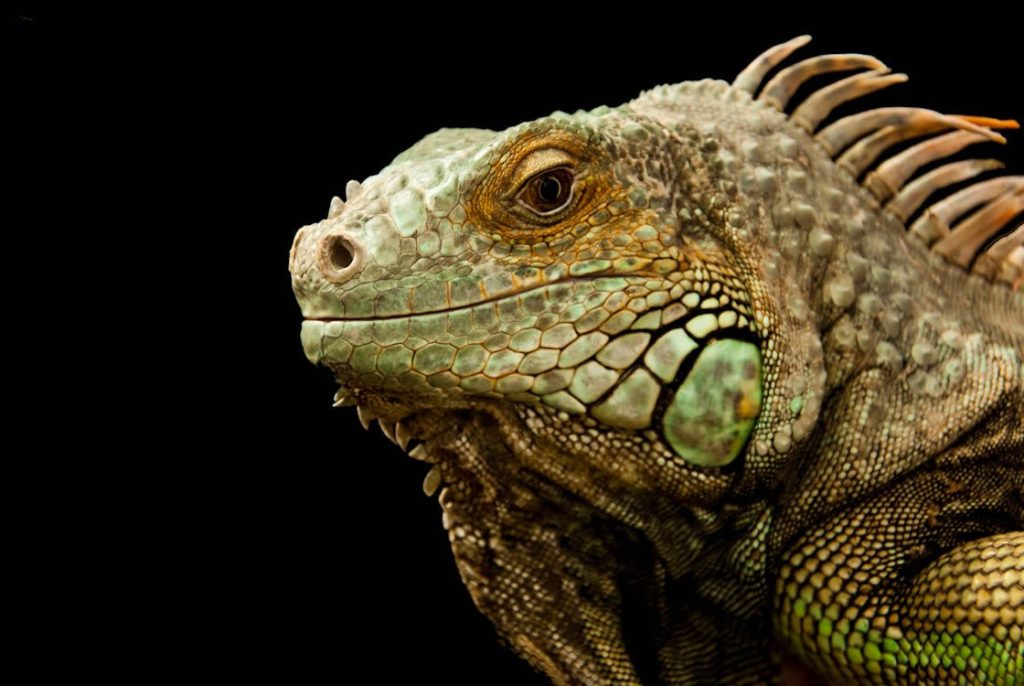
MARCH PAWSOME AWARD
Please join us in congratulating Jessica Mossman as the March 2024 PAWsome Award Winner. Jessica is one of our very hard workers in the Diagnostic Lab.
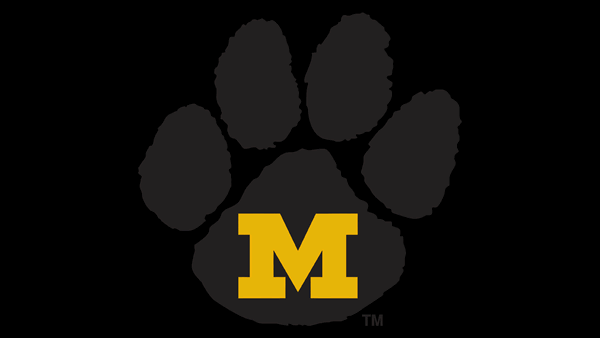
CLUB CORNER
SCVECCS
Hello! It’s SCVECCS here to brag on all things emergency and critical care! Reflecting on this past year, it’s clear that our club has been on an exciting journey together. From captivating speakers to hands-on wet labs to our bi-weekly ECC rounds, we’ve had quite the ride! Wet labs we were proud to host covered procedures such as urinary catheter placement in male cats, feline intubation techniques, basic suturing on cadavers, and placement of esophagostomy tubes. These labs would not have been possible without the dedication of our faculty advisor Dr. F.A. (Tony) Mann and all the faculty, residents, and interns that generously volunteered their time to assist students in these labs.
Mizzou SCVECCS has also arranged for various speakers to share their expertise with our members. A highlight of the year was a collaboration with dental club where we had the pleasure of hearing Dr. Meagan Brophy Rau present on emergency stabilization techniques for jaw fractures. In addition, Dr. Amy Molitoris gave a presentation on point-of-care ultrasound (POCUS) techniques that led to a wet lab for students to practice. Looking ahead, we are committed to organizing further ultrasound labs, making sure our students continue to gain hands-on experience with POCUS. Lastly, our club secretary recently created some emergency-themed merchandise, which led to a hugely successful fundraiser.
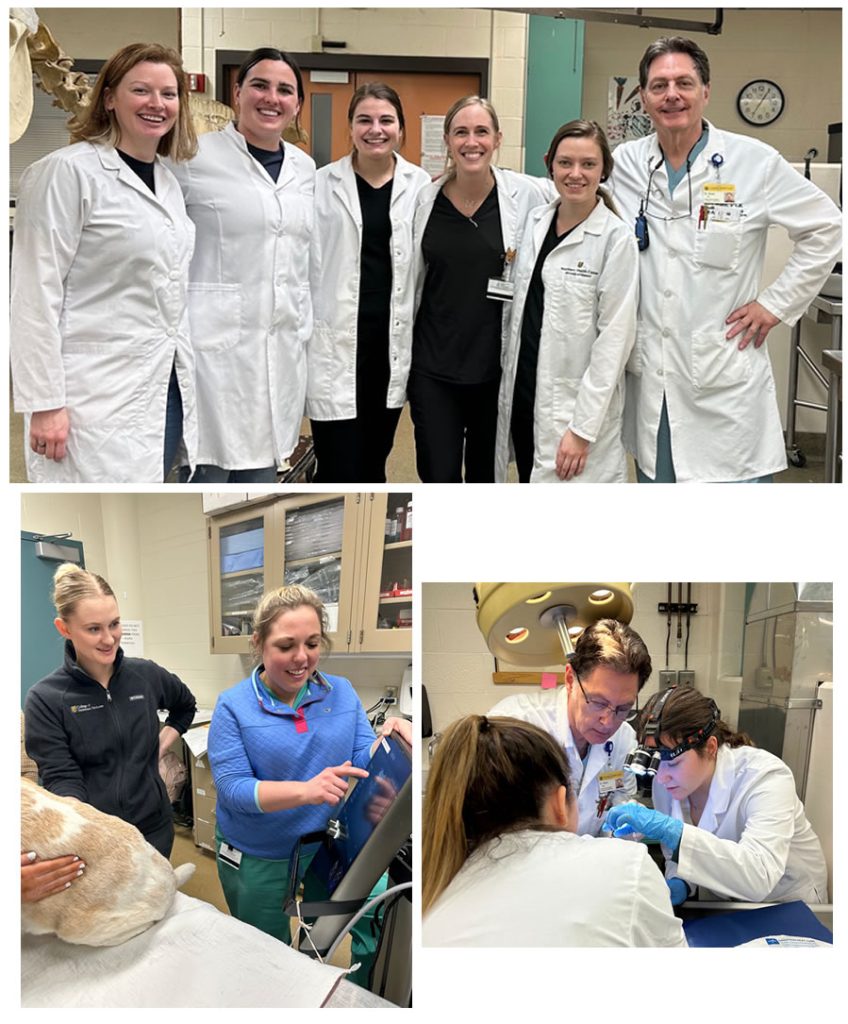
A MONTHLY BOOK SUGGESTION FROM DR. SNIDER‘S BOOKSHELVES
This is a wonderful book that will be of great overall general interest, but will also specifically complement your veterinary parasitology knowledge. It provides a popular, layperson’s coverage of all sorts of interesting parasitic relationships we encounter in our world.
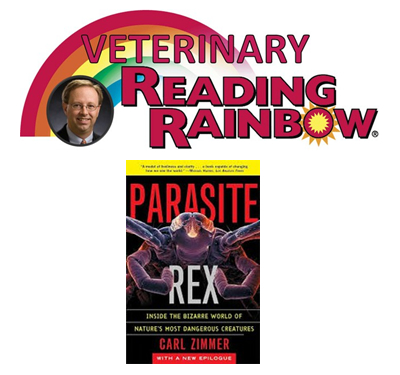
OFFICE OF ACADEMIC AND STUDENT AFFAIRS
|
Timothy A. Snider Lisa McCubbins Lisa Thompson Jennifer Hamilton
|
Stephanie McClaren Manda Riley Kathy Seay Doug Tindall |
Kerry Karaffa Tiffany Sanford-Martens |
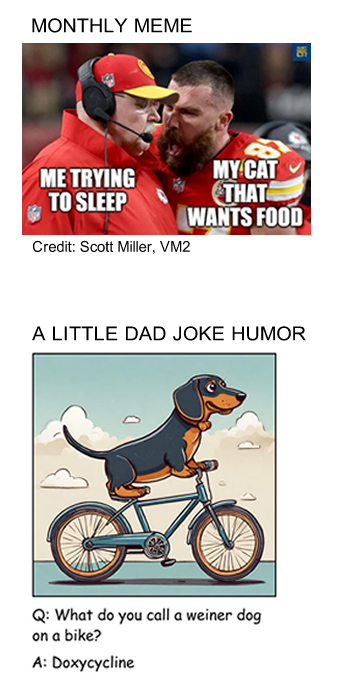 Source: “
Source: “